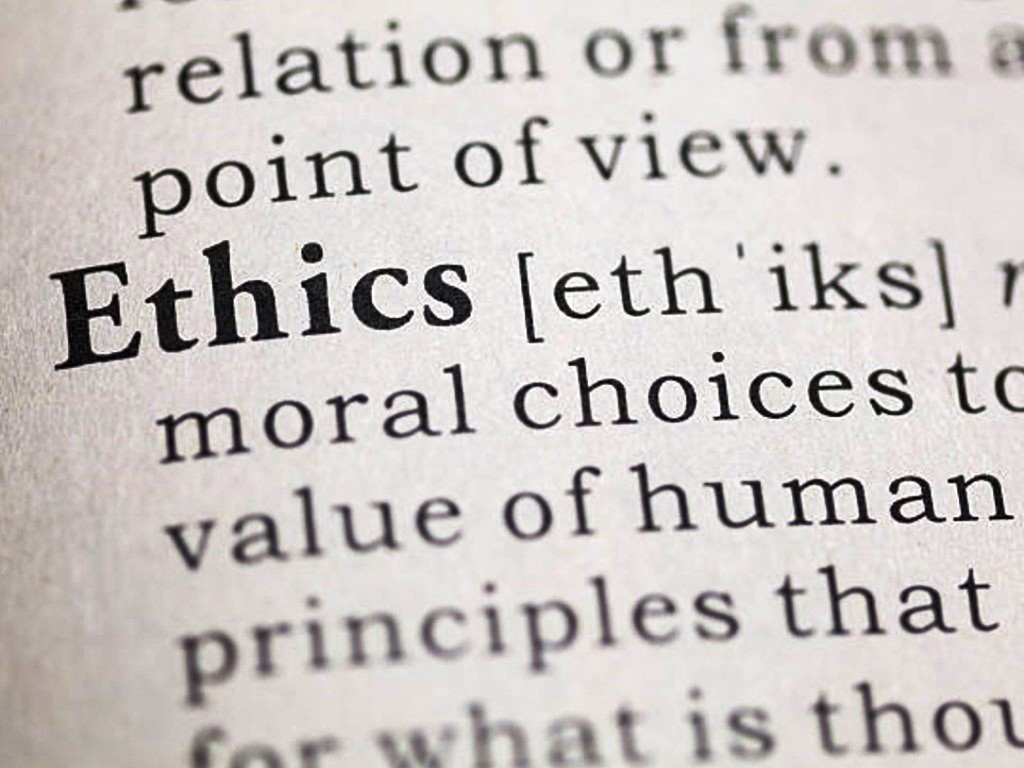
Legal compliance and ethical responsibility are two important concepts that play a crucial role in shaping the behavior of organizations and individuals concerning laws and ethics. While legal compliance refers to adhering to the laws, rules, and regulations set forth by a particular country, organization, or institution, ethical responsibility is about recognizing and acting upon the moral values and principles that align with the standards of a given field or practice.
Legal compliance is a requirement for organizations and individuals to operate within the boundaries of the law. It is a reactive measure, meaning it is about following laws and regulations that already exist. In the workplace, employees are expected to be well-informed about their responsibilities, rights, and obligations, comply with company rules and regulations and take responsibility for addressing relevant issues within the organization. failing to comply with these laws and regulations can result in penalties, fines, or legal action.
On the other hand, ethical responsibility is a proactive approach. It is about considering the moral implications of actions and making choices that align with ethical values, even if they go beyond legal requirements. For example, a company may have an ethical responsibility to pay its employees a fair salary, maintain a respectful workplace free of harassment, and protect the environment, even if it’s not required by law.
Strong adherence to ethical responsibility contributes to a positive and productive workplace culture, improves reputation, and gains the trust of customers and stakeholders. Additionally, it allows organizations to align their actions with their values, mission, and vision. Organizations need to develop a culture of ethical responsibility and integrity, where employees are encouraged to make decisions that align with the company’s values and principles.
In today’s world, where the reputation of an organization can be affected by a single negative incident, it is more important than ever for organizations to prioritize ethical responsibility. A strong ethical culture not only protects the organization from legal penalties but also protects the organization’s reputation and relationships with stakeholders.
It is important to recognize the difference between legal compliance and ethical responsibility and to recognize that while legal compliance is a requirement, ethical responsibility is a choice.
Citation –
Gilman, Stuart C. Ethics Codes and Codes of Conduct as Tools for Promoting an … – OECD. https://www.oecd.org/mena/governance/35521418.pdf.
Salgaonkar, Pritish Naik. “A Compliance Function: Do We Need It?” Compliance Quarter, 20 Dec. 2022, https://www.compliancequarter.com.au/a-compliance-function-do-we-need-it/.
Commission Regulation (EC) No 552/2009 of 22 June 2009 … – Europa. https://eur-lex.europa.eu/LexUriServ/LexUriServ.do?uri=OJ:L:2009:164:0007:0031:EN:PDF.
Code of Business Conduct and Ethics, https://www.sec.gov/Archives/edgar/data/1297401/000119312511045757/dex14.htm.

